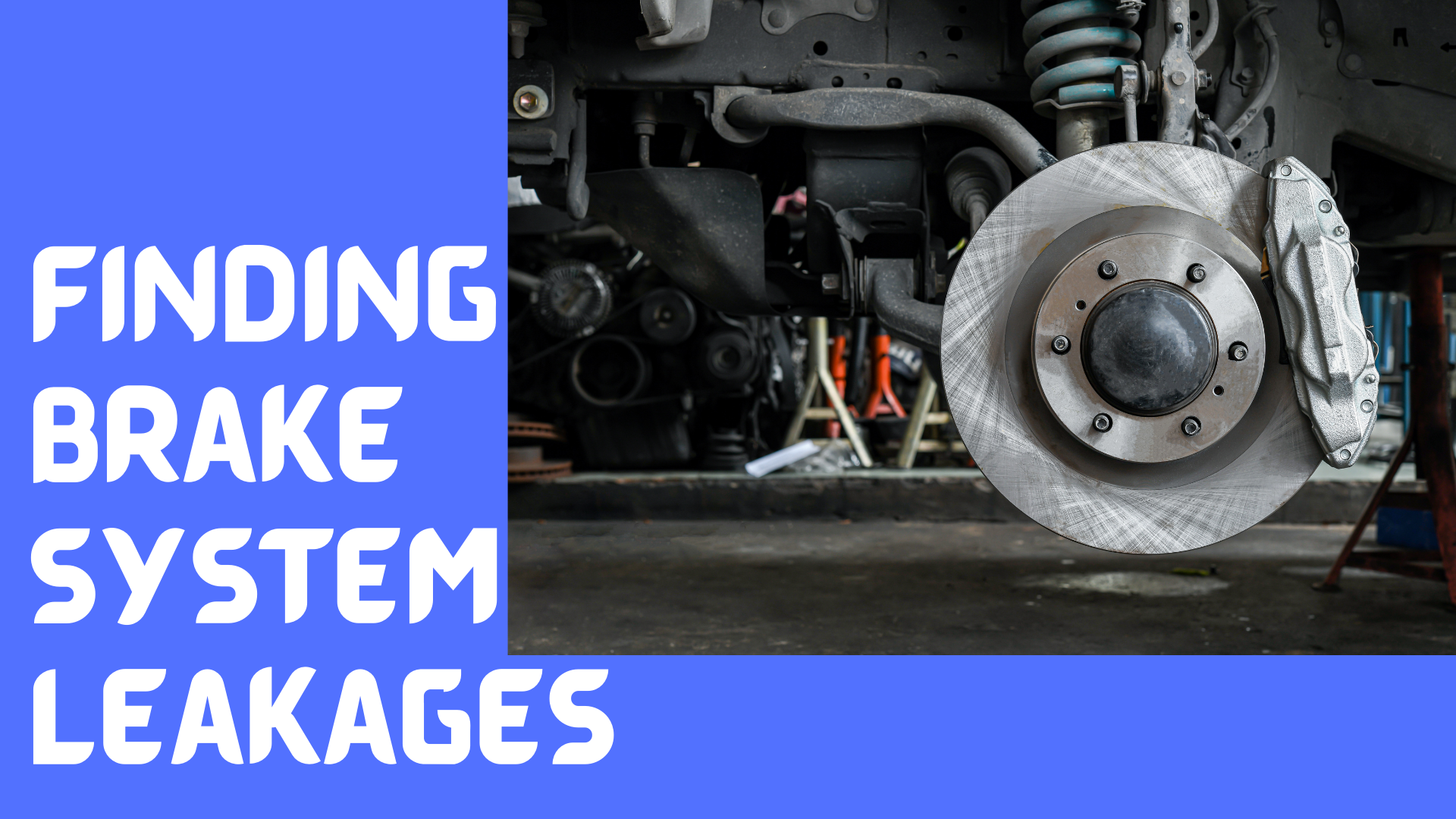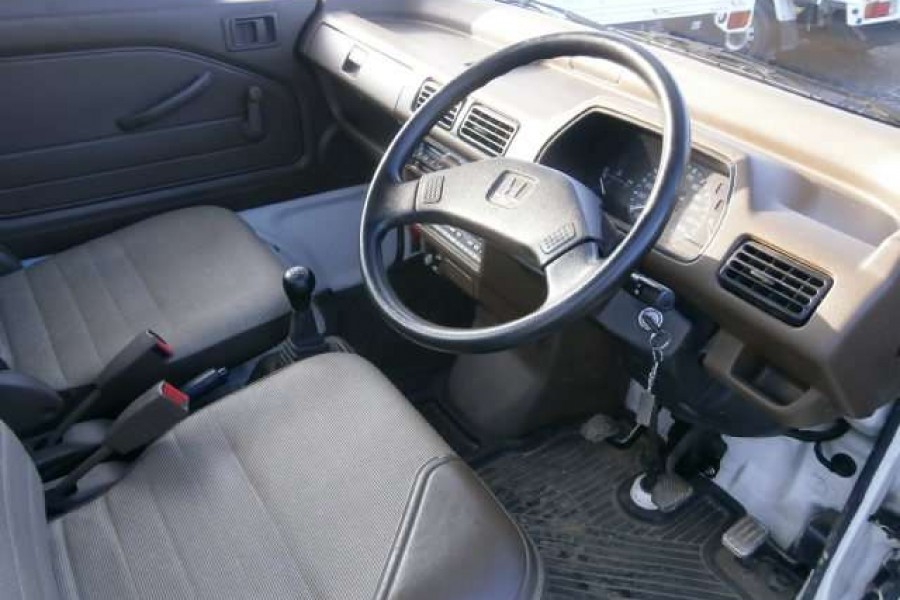How To Find Leaks in the Brake System in a Truck Easily
Do you know how to find leaks in the brake system of your truck? Low brake fluid levels in the master cylinder reservoir usually result from leakages in the brake system. The master cylinder is located on or near the bulkhead of the engine. Outside the reservoir, you will find a mark. It is that mark that the brake fluid levels should not go below.
You will see the fluid level if your truck’s reservoir is made of plastic. If it is metallic, you must unscrew the reservoir cap and look inside to determine the actual levels. It is necessary to check the fluid in the reservoir regularly. Doing this will be the first warning of the leakage within the brake system.
How To Find Leaks in the Brake System in a Truck
The existence of leakages in the brake system must be traced and repaired as soon as possible. The common causes of leakages are the seals of the master cylinder, the drum brake, and the wheel cylinder. Identifying leakages in the brake system can be hectic. This guide will take you through the process on how to find leaks in the brake system of your truck.
Use a Hose Clamp
The hose clamps will enable you to identify faults in the brake pipes. For example, a spongy feel on the brake pedal, but you cannot identify the physical cause. The hose clamps seal the flexible brake hoses. After doing this, you should test if the brake pedals are still spongy. If improves then the hose clamp has clamped the spongy hose.
Check the Wheel Cylinders
When the leakage originates from the wheel cylinders, you will notice fluid streaks on the backplate and sometimes the tire wall. You will also note leakages on the wheel cylinder when your truck develops weird behavior when braking. For instance, it might pull sideways to show contamination at the brake lining.
Check Pipes and Unions
Consider checking the pressure switch when examining the brake pipe and the unions. Check the pressure limiting valve, which controls the hydraulic pressure on the rear brakes. Regulation of the pressure helps balance the braking between the front and the rear wheels.
When inspecting the pipes and unions, clean areas that might be rusty using a brush, if you notice a deep pitting, consider replacing the pipes.
Check the Hoses
When the brake hoses become soft and flexible, consider changing them as soon as possible. The hoses should withstand considerable pressure, and if they are weak, the brakes might fail.
If there is any hose running close to other components or that which was wrongly fitted, bent or twisted, if you note a sign of mating, consider replacing the hoses.
Check the Master Cylinder
When the master cylinder leaks, you will see traces of liquid near your engine bay. Peeling back the rubber seals will reveal to you the extent of the leakage.
Conclusion
Leakages in the brake system can lead to brake failure. However, sometimes it might be tough to identify such leakages, so you must check the entire brake system to determine the exact location causing the leakage.


